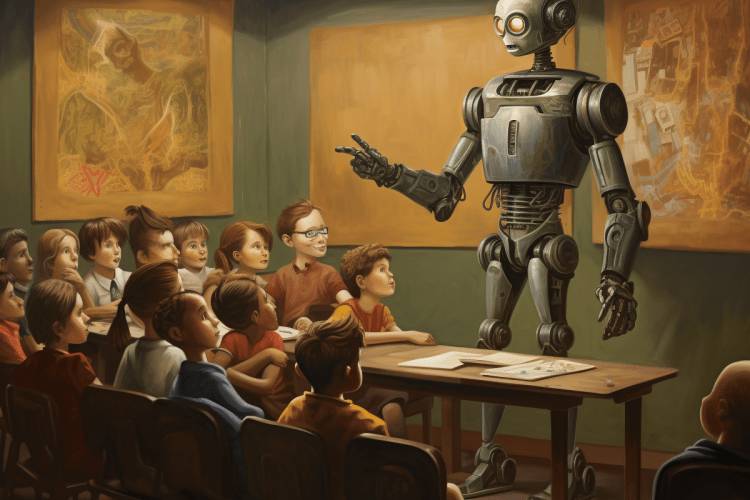The global talent gap is a growing concern, with millions of job openings and a shortage of qualified workers. Many business leaders recognize the need for upskilling and re-skilling, but lack the time, resources, and funds to develop training materials. Generative AI offers transformative promise in bridging this gap, according to a study by Cypher Learning, a learning management system provider.
The Challenges of Upskilling
Cypher’s survey, “Generative AI in 2024: A potential lifeline amid workplace turbulence,” identified talent retention, staff well-being, and upskilling as top concerns for HR and enterprise leaders. However, over half of the respondents stated that they don’t have the resources or skills to develop relevant training materials. This results in only half of workers having access to adequate training opportunities.
“Skills gaps make a company less able to innovate and compete,” said CYPHER Learning founder and CEO Graham Glass.
Allocating funds for revenue-generating initiatives while developing a skilled workforce has been a struggle for organizations. Larger learning and development (L&D) departments bring greater costs, making it challenging to strike a balance.
The Promise of Generative AI
Generative AI has already started transforming employee training, and it will continue to play a crucial role in the future. With its ability to produce diverse learning materials and tailor content to learners’ needs, AI can significantly improve employees’ overall job satisfaction.
“Smart employers will offer better training and career growth opportunities,” said Glass. “Employees want to stick with companies that are invested in their career growth.”
Gen AI can create engaging and interactive learning materials, incorporating text, images, videos, and interactive modules. It saves time on course creation and allows for gamification of training courses. Despite the promise of generative AI, there are barriers to widespread adoption, such as concerns about data security and the accuracy of AI-generated outputs. However, the majority of respondents expressed interest in using AI more if they could verify the authenticity of the information given.
While there may be concerns about AI potentially taking jobs, more than three-fourths of HR and business leaders are already using the technology in their workflows. AI is used to gamify training courses, create engaging professional development, assess learner progress, and save time on course creation.
Looking ahead, the use of gen AI in building training materials will go beyond repackaging traditional learning methods. It will transform the educational experience by leveraging AI in measured and strategic ways. Virtual learning assistants or mentors powered by AI will autonomously support personalized development, suggesting relevant topics to explore based on the user’s interests.
“2024 will witness the rise of proactive, but well-controlled, AI that suggests things to users rather than wait for user inputs,” forecasted Glass.










